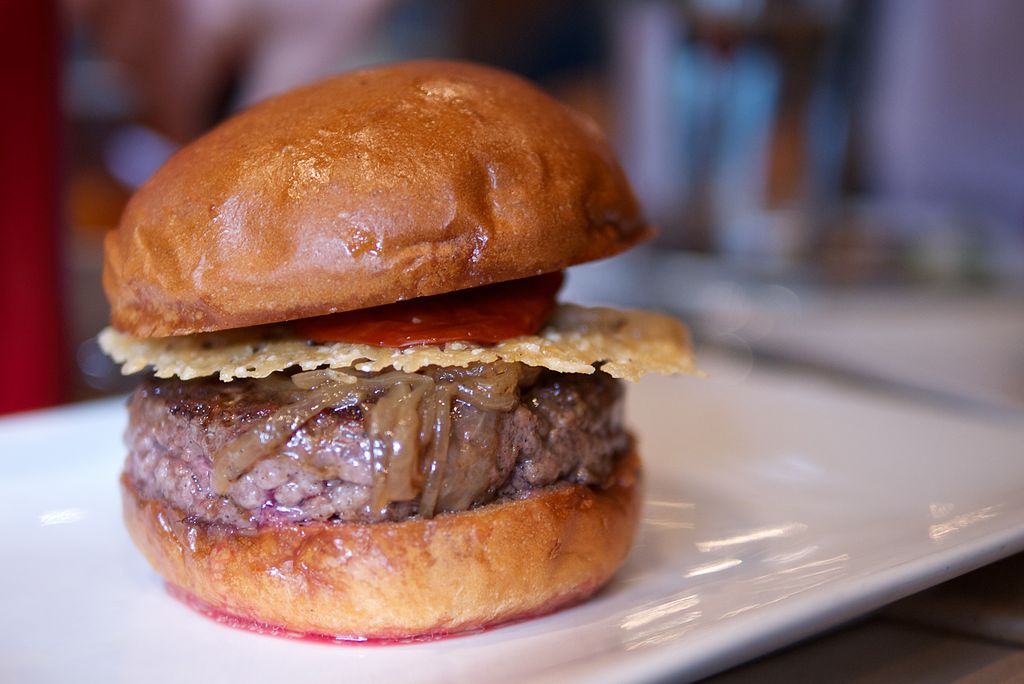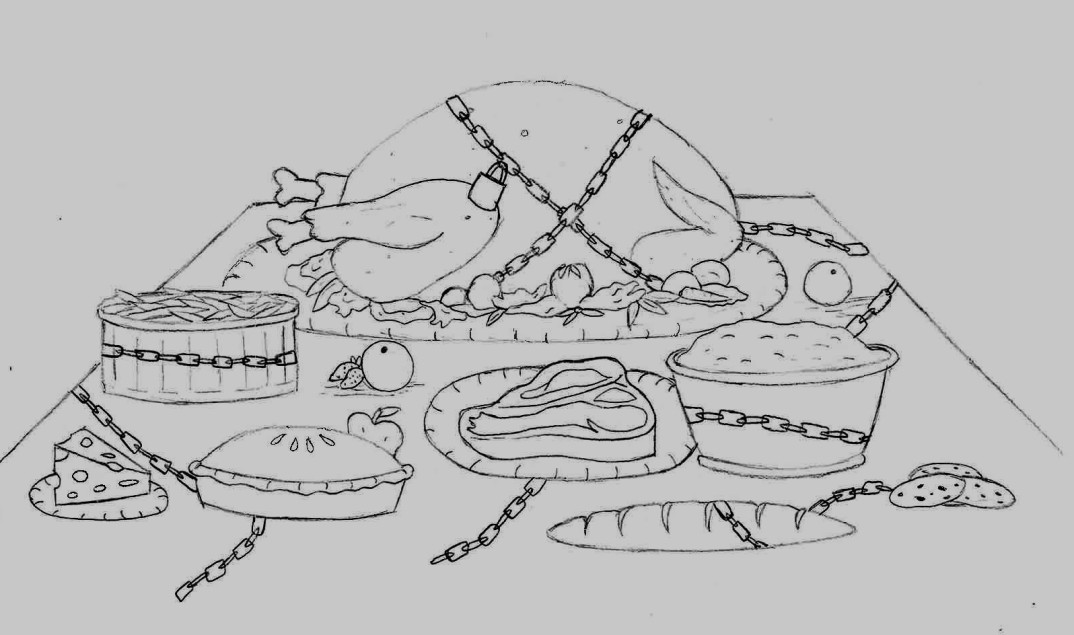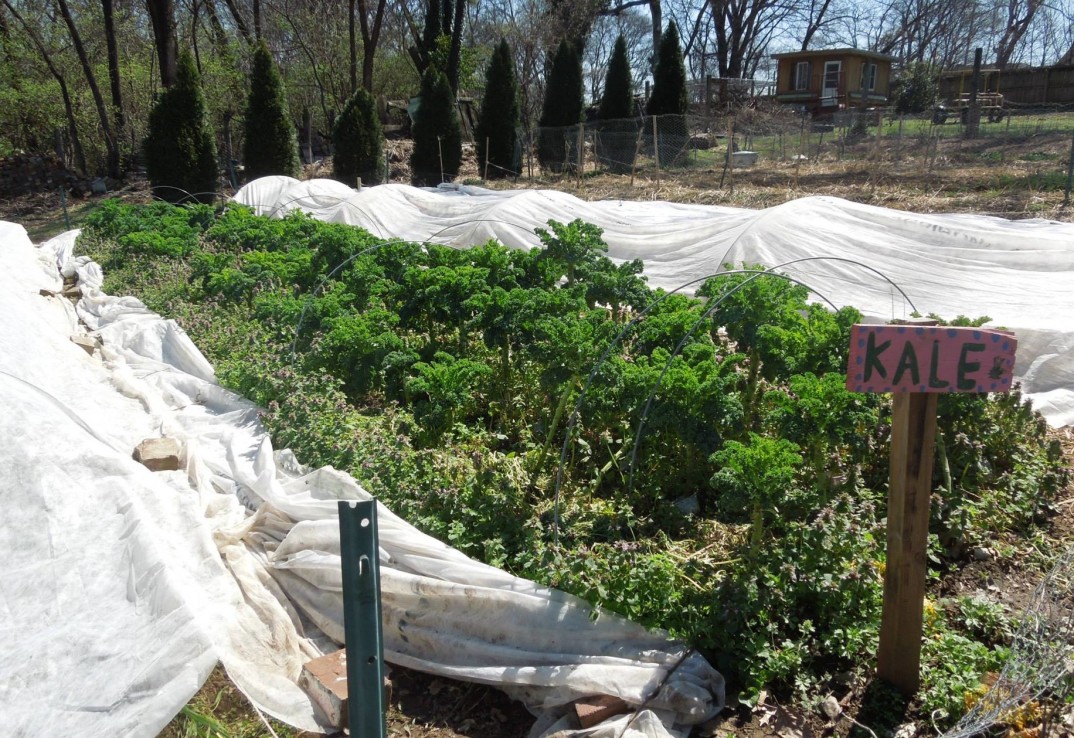In 2013, Dutch scientists announced that they had produced a lab-grown hamburger. Scientists generated the muscle cells comprising the burger—no animals were killed as part of the process. Many are hopeful that this “cultured meat” is the solution to many societal problems. Earlier this year, author Paul Shapiro and director of The Humane Society released a book called Clean Meat: How Growing Meat Without Animals will Revolutionize Dinner and The World. The book provides a history of the development of meat produced in labs and discusses the moral benefits of a future that includes meat produced in this way.
The Right to Gluttony: Sustainability vs. Individual Rights
What if one day in the near future, on your family’s weekend trip to Texas Roadhouse to TGI Friday’s, steak was no longer offered on the menu? No mouth-watering 8 ounce sirloin specials or baby back ribs to satisfy your protein craving? While for the average American this may seem like a dystopian scene out of a George Orwell novel, these dietary restrictions may very well be necessary for a sustainable future. For the United States, the main dilemma will surround individual rights—whether rights guarantee each person to eat as much as they choose, even if it will be detrimental to the sustainability of humanity.
Continue reading “The Right to Gluttony: Sustainability vs. Individual Rights”
Progress, paradox, and the food justice movement
This post draws on my experience from co-leading the Prindle Institute’s Alternative Spring Break trip to Nashville, TN focused on food ethics and justice on March 22-28, 2015.
Food justice is an issue that many of us are indirectly exposed to at an early age. We’re taught, often through religious education but also in other ways, that many people in the world are hungry and we, as more privileged global citizens, have a responsibility to help alleviate their suffering. In my experience growing up in the Catholic school system in Columbus, Ohio, canned food drives were routine, field trips to food banks were not uncommon, and students memorized “feed the hungry” as part of the Corporal Works of Mercy. We lugged paper bags filled with Campbell’s soup, Ramen noodles, or whatever else our parents wanted to discard from our pantries to Homeroom to earn a “dress down day.”
Continue reading “Progress, paradox, and the food justice movement”



